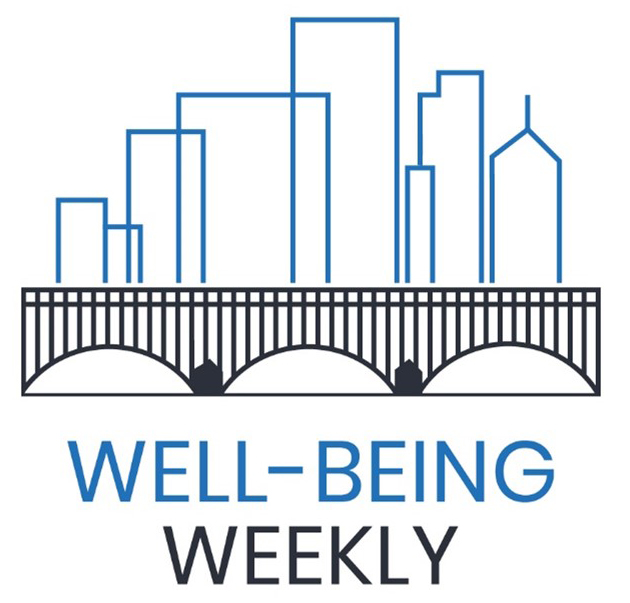Cost of Status

Want status? Give up your free time
Ask almost anyone, “How are you?” My educated guess is the majority will say, “busy.”
Silvia Bellezza, a professor at Columbia Business School, along with Georgetown’s Neeru Paharia and Harvard’s Anat Keinan wrote a paper exploring busyness as a status symbol published in the June 2017 edition of the Journal of Consumer Research.
The authors write, “Our investigation reveals that positive status inferences in response to long hours of work and lack of leisure time are mediated by the perceptions that busy individuals possess desired human capital characteristics (competence, ambition), leading them to be viewed as scarce and in demand.”
As a culture, we choose busyness, or we act busy to gain status in the eyes of our peers.

We are willing to give up leisure to obtain status. I’m sure you’ve experienced the pressure to say yes to more work, commit to more non-work-related activities, and maintain an active social life. Furthermore, additional hours at the office require more than just sacrificing free time. Research from the World Health Organization and the International Labor Organization suggest that 750,000 people a year die from ischemic heart disease and stroke due to working long hours. In addition, overwork contributes to decreased longevity by prolonged exposure to chronic stress and skipping behaviors that promote health like sleep and exercise.
What is status and why are we willing to give up health and free time to get it? Merriam Webster defines status as position or rank in relation to others. In my view, we crave status because we want to be seen as important in the eyes of others. We want to know that we are valued.
I even see the human desire to acquire status show up in my financial advisory practice. People often make large purchases that they don’t value but communicate status to others. In some cases, these purchases directly harm their financial well-being because they spend money that would better be utilized elsewhere (i.e. bolstering savings/emergency reserves, increasing retirement contributions, or simply spending their money on purchases they place higher value on).
To obtain status, we give up free-time, health, and money.

Call me crazy, but that seems like a pretty steep price just to look good to others. The race to acquire status stands in direct opposition to our wellbeing. Perhaps we should alter our pursuit for status to a pursuit for wellbeing. Here are some ideas of where to start:
- The way we spend our time reveals our values- If we say we value our family but spend most of our free time working, then in practice we value work more than family. An exercise I return to with frequency is defining my values and then examining my schedule to see if the way I spend my time reflects what I value. If not, how can I improve?
- Integrate healthy behaviors into your life- Choose to sleep, exercise, and eat mostly healthy meals. For me, physical health is one of my values and I evaluate to see if the way I spend my time reflects such a value.
- The way we spend our financial resources also reveals our values- I often have my clients perform a similar exercise to the time exercise I described with their budgets. First, I have them define what’s important to them and then have them review their spending. Are they spending money in a way that reflects their values or are there many purchases that don’t align with what they say is important?
- Spending on materials vs. experiences- Status can be acquired by purchasing certain materials. However, material purchases rarely bring the lasting affects on wellbeing that arise from experiential purchases. In their book, Wellbeing: The Five Essential Elements, Tom Rath and Jim Harter compare the purchases of materials vs. experiences. They write, “For those who make less than $25,000 a year, experiential and material purchases produce similar gains in wellbeing. However, as income levels increase, experiential purchases produce two to three times the levels of wellbeing when compared to material purchases.”
- Spend time with people who affirm your self-worth- When we surround ourselves with people who appreciate our character rather than our ability to acquire status, we are less likely to make the sacrifices required to jockey for social positioning. Individual wellbeing is bolstered when we engage in relationships where we can show up as our authentic selves.
Do you want to experience financial well-being and start financially thriving? Book a financial well-being lab session on my calendar here:
The only cost is your time and there is no obligation.
Alex is a registered representative and investment advisor representative of Securian Financial Services, Inc. 3866541/DOFU 10-2021